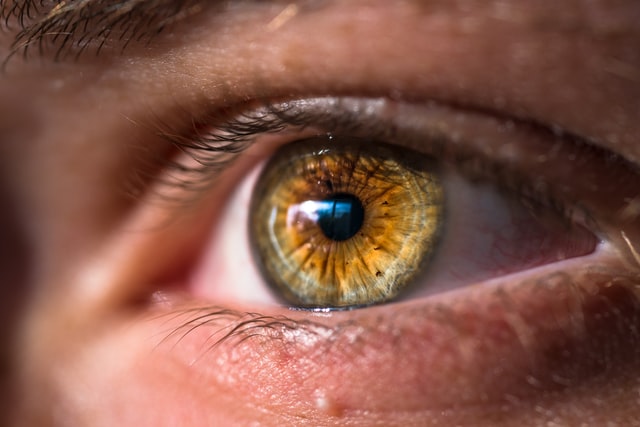If you are tired of wearing glasses or contact lenses, you may wonder if the LASIK treatment is right for you. LASIK is a type of eye refractive surgery. Can lasik correct astigmatism nearsightedness?
What is the LASIK eye surgery?
There are several varieties of laser refractive surgery. LASIK is the best known and most often performed. Many articles, including this one, will use the term “LASIK” to refer to all types of laser eye surgery.
Usually, the images focus on the retina at the back of the eye. In the case of myopia (nearsightedness), farsightedness (hyperopia) or astigmatism, they end up focusing elsewhere, which causes blurred vision.
Short-sightedness (nearsightedness) is a condition in which you can clearly see objects nearby, but distant objects are blurred. When the eyeball is slightly longer than usual or when the cornea is too sharply curved, the light rays focus in front of the retina and blur the distant field of view. You can see objects that are closer, but not those that are far away.
Far-sightedness (hyperopia) is a condition in which you can clearly see distant objects, but nearby objects are blurred. When you have an eyeball that is shorter than average or the cornea is too flat, the light focuses behind the retina instead of on it. It blurs near and sometimes distant vision.
Astigmatism causes general blur of vision. When the cornea bends or flattens unevenly, the result is astigmatism, which disturbs the focus of near and far vision.

What is astigmatism?
Astigmatism is blurred or distorted vision resulting from an asymmetrically curved cornea or lens. The shape becomes less like basketball, and more like American football. This causes light to enter the eye unevenly, resulting in sharp vision in some areas and blurry images in others. It can be quite common: recent studies have found that more than a quarter of students surveyed have astigmatism.
How do I know if LASIK can improve my astigmatism?
Although most types of astigmatism can be corrected by LASIK, some are not. Irregular astigmatism may not be corrected by LASIK. LASIK should never treat a condition called keratoconus, in which the cornea bulges into a cone, causing astigmatism. The exam conducted by a qualified LASIK specialist should be completed to determine the candidate’s standing.
Astigmatics usually pay a higher price for LASIK. And while it can correct astigmatism, LASIK cannot prevent the patient from needing reading glasses later in life.
If you have astigmatism, LASIK can reduce your dependence on glasses and contacts. Talk to a LASIK specialist about what options are best for you.
High satisfaction rate
Over 95 percent of patients undergoing LASIK are satisfied with the results of the surgery, regardless of the primary vision problem. Millions of people have undergone LASIK, and even NASA and the US military have adopted the procedure for their pilots. Before starting laser vision correction, arrange a consultation with a LASIK doctor who will carefully assess to determine if LASIK is a good option for you.











